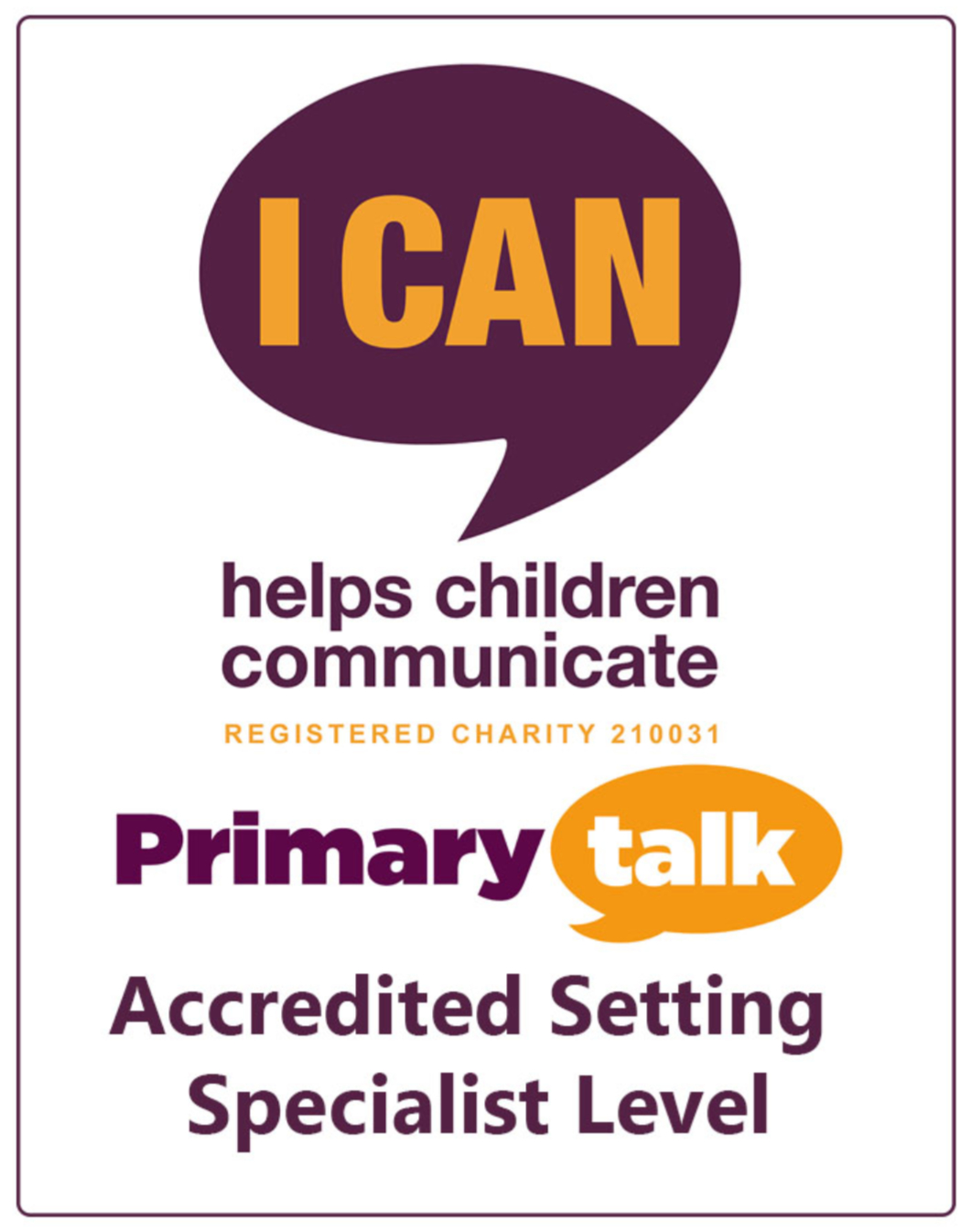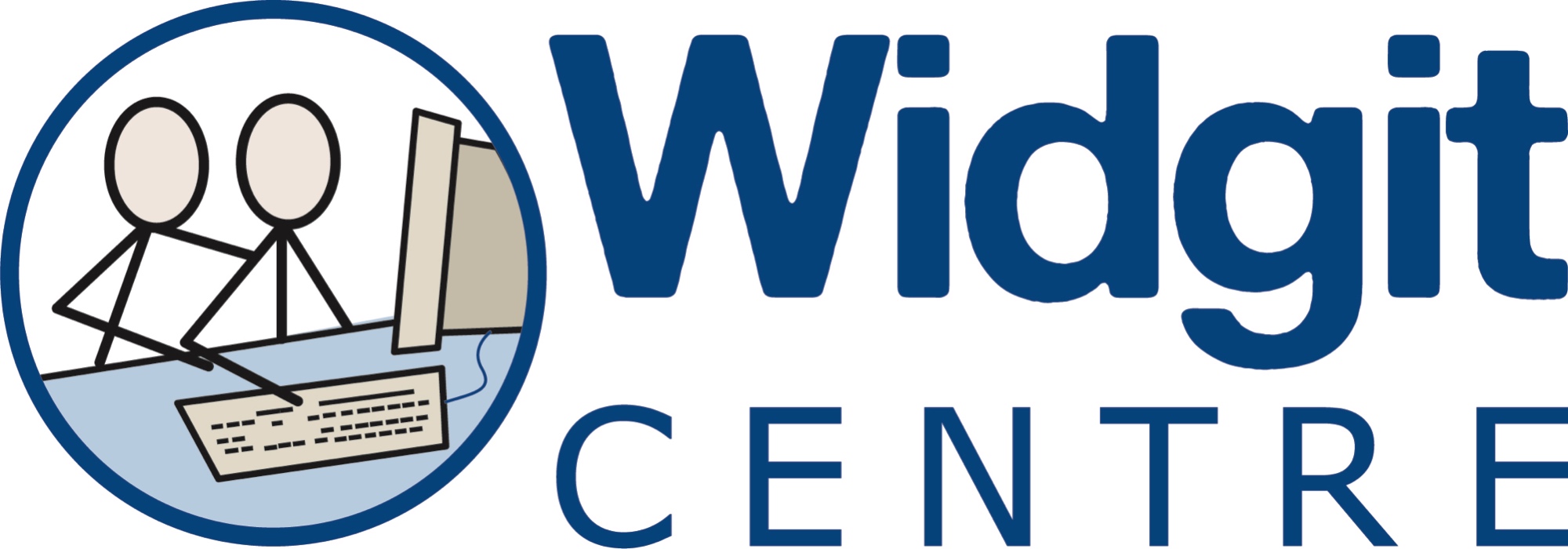Therapies
Interventions at WFS
At Wyre Forest School, we pride ourselves in meeting the individual needs of our pupils, and the specialist provision we provide is a key aspect in achieving this. The provision the pupils receive is highlighted within their EHCP. Alongside this, we offer a range of interventions to further support pupil need.
At Wyre Forest School we have a clear intervention process to ensure all interventions are targeted, time limited, costed and monitored. Some of our pupils receive the following interventions:
Speech and Language Therapy
Our Speech and Language Therapists (SaLT) focus on two main areas; communication and interaction, feeding and swallowing. They aim to ensure pupils can eat, drink and swallow with minimum risk; and they ensure the identified pupils can communicate to their full potential, so they can access the curriculum.
Communication Intervention
Our WFS communication team provide regular communication support within classes. They work with specific pupils who use Picture Exchange Communication (PECs), Voice Output Communication Aids (VOCAs) and Aided Language Displays (ALDs). This enables them to work with identified pupils and support the class team in using these communication aids.
Physiotherapy
Our physiotherapists create individual physiotherapy programmes for identified pupils which helps them develop and maintain their mobility skills. This programme is also shared with parents/ carers and the class team. The class teams are then trained to carry out the pupil’s individual programme to ensure they receive daily physiotherapy. Our physiotherapists may work with identified pupils on a weekly basis to carry out some aspects of their physiotherapy programme. As well as this, some pupils are identified by the physiotherapists as needing a half termly block of hydrotherapy. These sessions are delivered by the physiotherapists and supported by members of the class teams. Our physical development lead teaching assistant works closely with the physiotherapists and supports the class teams to meet the pupil’s physiotherapy needs. Alongside this, our lead TA carries out manual handling training with identified staff.
Hydrotherapy
Hydrotherapy is an essential form of exercise for our pupils. It involves moving and exercising in water. Our physiotherapists work with identified pupils to carry out their physiotherapy programme. Pupils who do not have interventions with the physiotherapy team may still access the hydrotherapy pool with their class team, to develop their water confidence and other skills.
Rebound Therapy
Some of our staff are trained to deliver rebound therapy sessions. These sessions involve using a trampoline to provide therapeutic exercises for identified pupils. It involves using the moving bed of the trampoline to facilitate movement, promote an increase or decrease in muscle tone, and promote balance, relaxation, sensory integration. It also aims to improve fitness and exercise tolerance, and to develop communication skills. Our lead TA delivers rebound therapy with identified pupils.
Occupational Therapy
The Occupational Therapists (OTs) work with some of our class teams to ensure the classroom environment is supporting the pupils’ sensory needs, and motor skills. Some of our pupils may receive sessions in our sensory integration room with the OT and/or class staff. These sessions help the pupils achieve or maintain their maximum level of independence, so they can access the school curriculum to their full potential.
Horse Riding Intervention
The Occupational Therapists (OTs) work with some of our class teams to ensure the classroom environment is supporting the pupils’ sensory needs, and motor skills. Some of our pupils may receive sessions in our sensory integration room with the OT and/or class staff. These sessions help the pupils achieve or maintain their maximum level of independence, so they can access the school curriculum to their full potential.
Coaching Intervention
Our coaching sessions are delivered one to one by a trained well-being and mindset coach. These sessions enable the pupils to feel confident about how to manage their own wellbeing, deal with anxious and negative thoughts, and feel more resilient moving forwards.
Pine Intervention (Thrive)
The Pine Intervention uses the Thrive Approach to support and develop pupils’ mental health and wellbeing. Many of our pupils have gaps in their development, these gaps may be expressed through their behaviour. Thrive enables us to identify these gaps so we can support the pupil’s behaviour and respond to their needs. It supports us to identify the social and emotional needs of pupils and create targeted action plans. These action plans highlight strategies and activities which are delivered by a Thrive practitioner during our Pine Intervention. These strategies are then shared with the class team and continued within the classroom.
Lego Therapy Intervention
Our Lego Therapy Intervention involves building Lego models in small groups or pairs where pupils take on different roles and work together. It promotes social interaction, turn-taking skills, sharing, collaborative problem-solving and learning concepts.
Mentor Link
Some of our pupil’s access Mentor Link which is a children’s charity that provides one to one mentoring support from professionally recruited mentors. Mentor Link provide targeted support which aims to improve pupils’ engagement, relationships, performance, and self-esteem.
Additional support:
In addition to our interventions, we also liaise with Educational Psychologists, Children and Adolescent Mental Health Services (CAMHS), attachment specialists, Social Services, Worcestershire Virtual School and other local authority support agencies.






